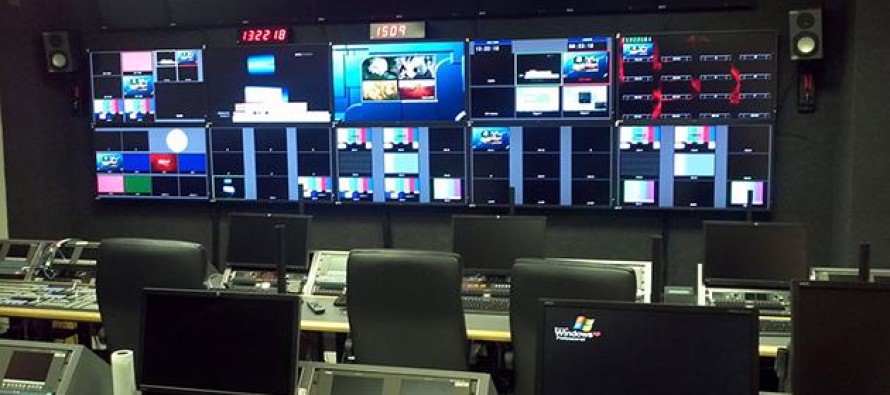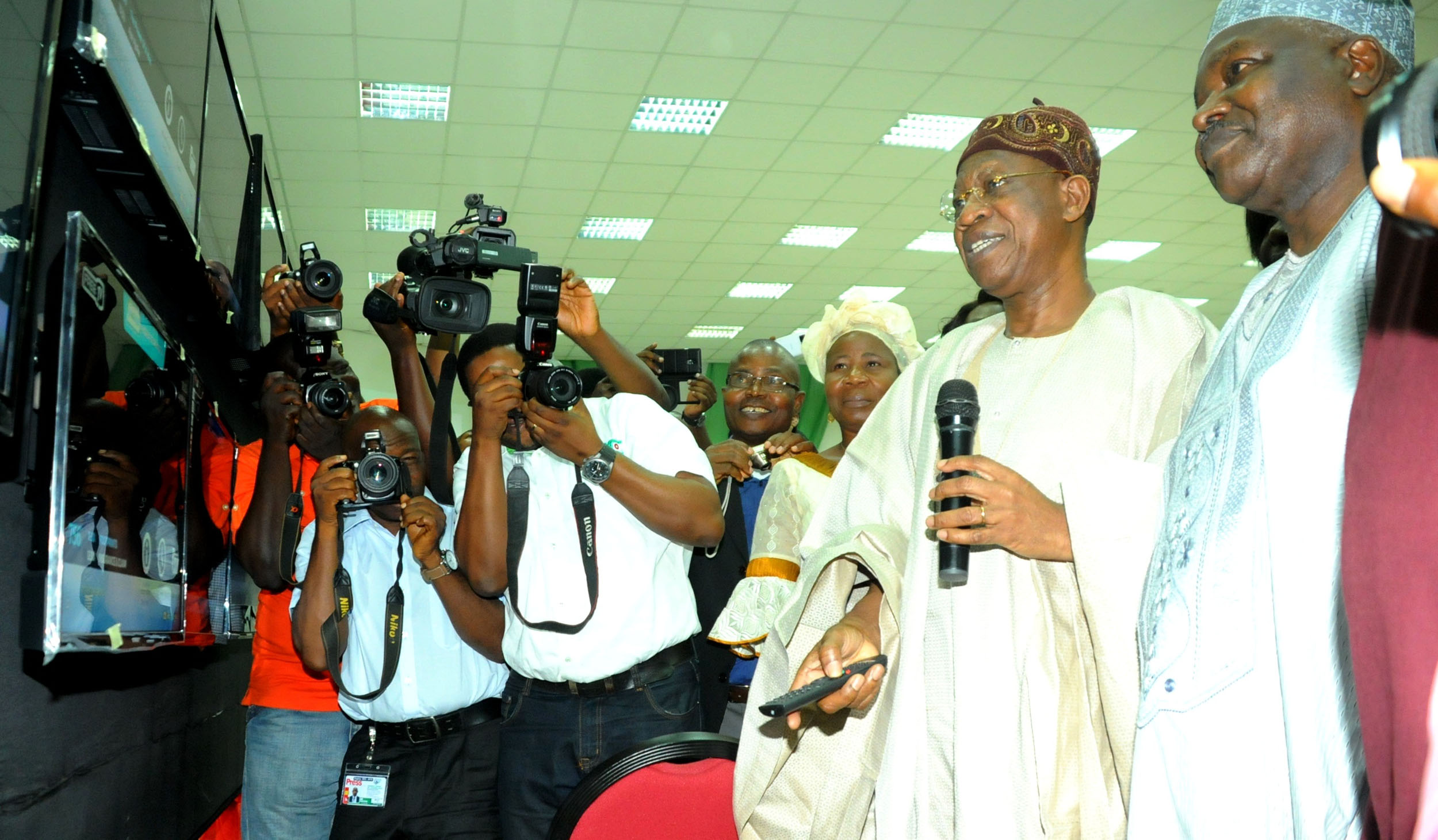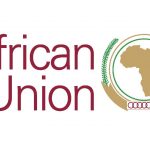Technology
Major Factors Delaying Digital Transition in Africa—Eutelsat
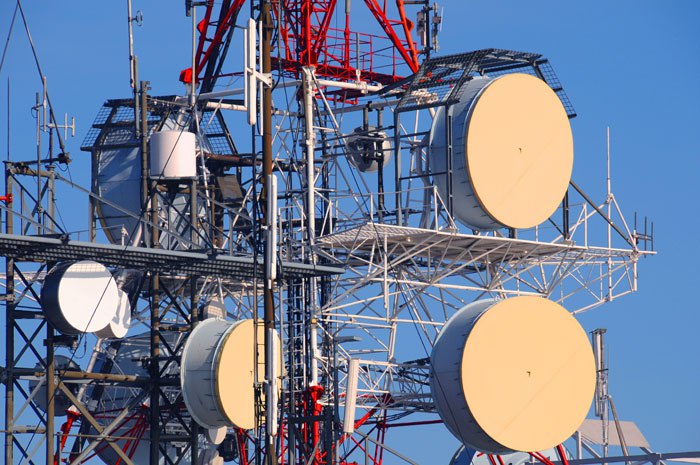
By Dipo Olowookere
For a while now, most African countries have found it very difficult to switch over from analogue broadcasting to digital.
Nigeria, which prides itself as the giant of Africa, has also not been able to fully switch over to digital broadcasting.
It is already two years now since the digital migration deadline set by the International Telecommunication Union (ITU) for Africa expired and yet only six African nations have completed digital transition.
Recall that in 2006, ITU, a UN agency, issued the Geneva 2006 agreement, signalling the development of ‘all-digital’ terrestrial television services.
The reason for this was to stimulate ICT applications and make more efficient use of spectrum through the digital dividend that comes with phasing out analogue TV.
Although the initial deadline, set for June 2015, was missed by most African countries, the digital revolution is nevertheless underway in a number of countries, including Algeria, Equatorial Guinea, Gabon, Ghana, Kenya, Nigeria, Rwanda, South Africa and Zimbabwe.
A recent report released by Eutelsat highlighted the major challenges delaying the digital transition in Africa.
According to the report, the main challenge to deploying nationwide Digital Terrestrial Television (DTT) is to manage timely and equitable switchover for everyone in order not to create a Digital Divide that separates the homes with digital from the homes left only with analogue.
The challenge, the report said, is particularly steep for countries with a large landmass, mountain ranges or islands that typically remain beyond range of terrestrial networks, or with interference issues in border regions.
Most terrestrial operators deploy fibre networks and DTT towers on the basis of return on investment, meaning they concentrate on areas with a certain population density and they neglect users in more rural or semi-rural areas. This means there is a real risk that exclusive use of terrestrial technologies can permanently leave too many consumers beyond range of the benefits of digital.
Eutelsat further said funding is another challenge, explaining that the cost of a nationwide DTT network is often underestimated and can put the break on switchover.
“The lack of attractive local content to fill up the channels that have been made available by DTT projects and funding for a public awareness campaign are also major setbacks that need to be overcome,” it added.
However, none of these issues need be a deal breaker. There are cost-effective and time-efficient solutions that can resolve the challenges, notably hybrid networks that use terrestrial as the basic platform and satellites to deliver channels to terrestrial towers and directly to homes beyond range of digital reception, the report pointed out.
The report said once the problems of cost, reach and speed of deployment are resolved, the challenges for any country preparing for digital transition will shift to managing the service, sourcing consumer hardware, set-top box distribution and content.
“In sharing our longstanding technical and commercial experience from working with public and private broadcasters, as well as regional governments around the world, Eutelsat can provide the most suitable satellite and best-in-class technical solution with the required expertise to drive the digitalisation process and contribute to the growth of a dynamic and lasting broadcast sector,” the report said.
It further explained that, in many regions C-band is the preferred choice for distributing content to terrestrial towers thanks to its resistance to rain fades. Ku-band has the advantage of enabling smaller dishes and is frequently used to complement terrestrial networks by Direct-to-Home (DTH) platform operators.
Two solutions are possible in combining DTT and DTH: hybrid solutions with C and Ku-band, using C-band for feeding towers and a DTH complement in Ku-band for homes in rural areas.
Alternatively, a single band solution, adopted notably in Zimbabwe, uses a single Ku-band transmission to feed towers as well as homes equipped with a Direct-to-Home dish.
On the benefit of digital transition, Eutelsat said, “The transition from analogue to digital TV is a logical development for the broadcasting industry, bringing significant advantages for all players across the value chain.
This, it said, include opportunity to transform the diversity, signal quality and reach of channels into viewer homes, opportunity to generate infrastructure upgrades and stimulate Africa’s vibrant content creation industry, and helps in the release of analogue frequencies for other applications such as mobile services.
“This is why private players like China’s pay-TV provider StarTimes, Canal + Overseas or MultiChoice are already establishing themselves as the continent’s key players in fast-tracking digital migration efforts,” it emphasised.
Founded in 1977, Eutelsat Communications is one of the world’s leading satellite operators. With a global fleet of satellites and associated ground infrastructure, Eutelsat enables clients across video, data, government, fixed and mobile broadband markets to communicate effectively to their customers, irrespective of their location.
Over 6,600 television channels operated by leading media groups are broadcast by Eutelsat to one billion viewers equipped for DTH reception or connected to terrestrial networks.
Headquartered in Paris, with offices and teleports around the globe, Eutelsat assembles 1,000 men and women from 32 countries who are dedicated to delivering the highest quality of service. Eutelsat Communications is listed on the Euronext Paris Stock Exchange.
Technology
Airtel Commits to Boosting Nigeria’s Digital Infrastructure
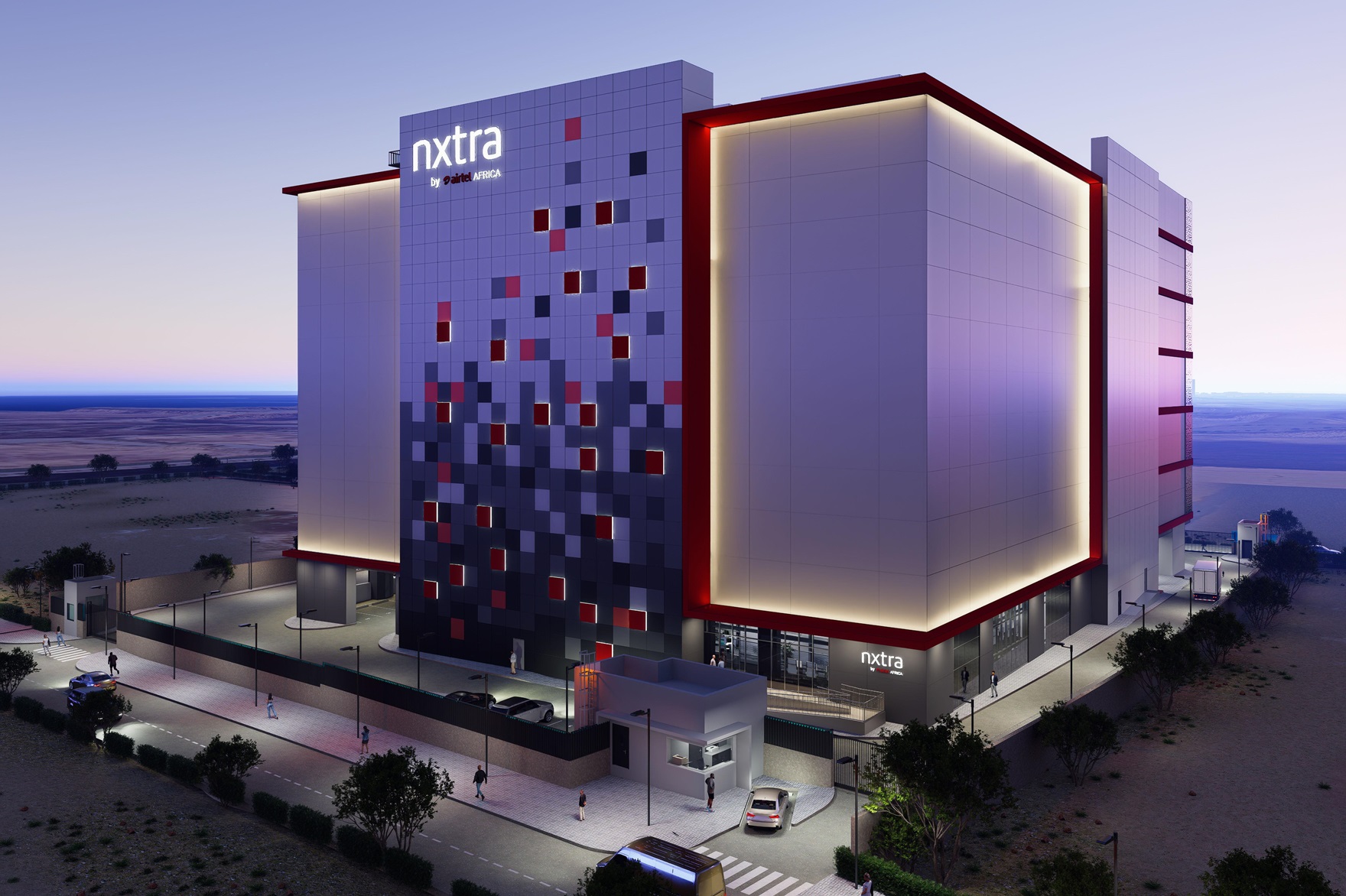
By Modupe Gbadeyanka
A leading telecommunications firm, Airtel Nigeria, has reaffirmed its long-term commitment to strengthening the country’s digital infrastructure and data access to bridge gaps in connectivity and unlock new opportunities in the country.
The company gave this reassurance during a recent inspection tour of its ongoing Nxtra Data Centre at Eko Atlantic, Lagos.
The data centre is being established to deliver hyperscale and edge facilities across key African markets. With a load of 38 Megawatts, the Lagos facility is expected to serve as a major hub for data hosting, cloud services, content distribution, artificial intelligence, and enterprise solutions in West Africa.
“This Nxtra Data Centre in Lagos represents a critical part of our long-term vision for Nigeria’s digital ecosystem. Today’s visit allows us to review progress, engage our stakeholders, and ensure that our infrastructure investments continue to meet global standards and local needs.
“This data centre will deliver critical high multi megawatt capacity in line with hyperscale customers and enable high density environment. We are putting the infra to bring the cloud to Nigeria,” the chief executive of Airtel Africa Plc, Mr Yashnath Issur, said.
Also commenting, the chief executive of Airtel Nigeria, Mr Dinesh Balsingh, said, “Since the announcement of this project, our focus has been on building a world-class facility that supports Africa’s digital transformation agenda.
“We are encouraged by the progress recorded so far and remain committed to delivering a secure, energy-efficient, and future-ready data centre for Nigeria,” reiterating that the data centre is progressing steadily towards the previously announced 2028 go live date.
On his part, the chairman of Eko Atlantic, Mr Gabbi Massoud, disclosed that, “Eko Atlantic as a city with high quality infrastructure will contribute positively to boost the economy of Nigeria and is a perfect place for the development of the digital infrastructure of Nigeria.
“The Nxtra data centre reflects the calibre of projects we seek to attract — long-term, technology-driven investments built to the highest global standards.
“Today’s visit affirms the rigour of the planning and execution process by Nxtra, and the commitment of Eko Atlantic to facilitate and promote the Nigeria’s evolving digital ecosystem.”
Technology
Google Partners African Universities to Launch WAXAL Speech Dataset
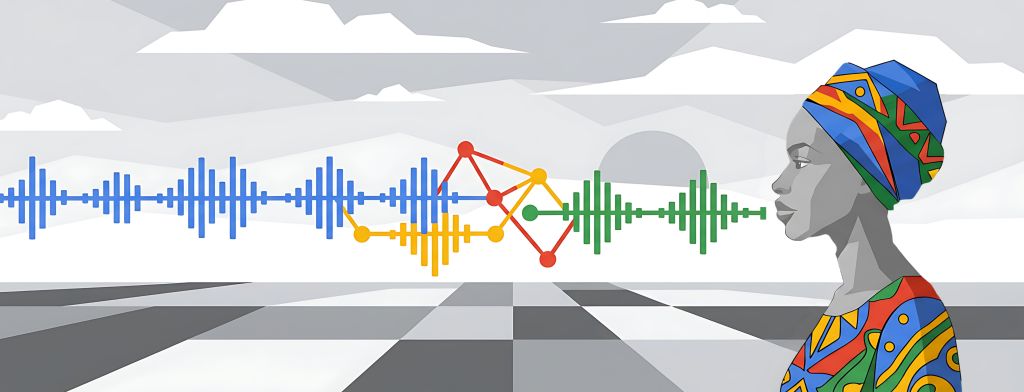
By Modupe Gbadeyanka
A speech dataset designed to catalyze research and build more inclusive Artificial Intelligence (AI) technologies has been launched by Google in partnership with a consortium of leading African research institutions, which are mainly universities.
The main universities involved in the project known as WAXAL are Makerere University in Uganda, the University of Ghana, and Digital Umuganda in Rwanda.
A statement from Google on Monday said the dataset bridges a critical digital divide for over 100 million speakers by providing foundational data for 21 sub-Saharan African languages, including Hausa, Luganda, Yoruba, and Acholi.
While voice-enabled technologies have become common in much of the world, a profound scarcity of high-quality speech data has prevented their development for most of Africa’s over 2,000 languages. This has excluded hundreds of millions of people from accessing technology in their native tongues.
The WAXAL dataset was created to directly address this gap. Developed over three years with funding from Google, the project features 1,250 hours of transcribed, natural speech, and Over 20 hours of high-quality, studio recordings designed for building high-fidelity synthetic voices.
The WAXAL dataset, which is available starting today, covers Acholi, Akan, Dagaare, Dagbani, Dholuo, Ewe, Fante, Fulani (Fula), Hausa, Igbo, Ikposo (Kposo), Kikuyu, Lingala, Luganda, Malagasy, Masaaba, Nyankole, Rukiga, Shona, Soga (Lusoga), Swahili, and Yoruba.
Commenting on the development, the Head of Google Research for Africa, Ms Aisha Walcott-Bryantt, said, “The ultimate impact of WAXAL is the empowerment of people in Africa.
“This dataset provides the critical foundation for students, researchers, and entrepreneurs to build technology on their own terms, in their own languages, finally reaching over 100 million people.
“We look forward to seeing African innovators use this data to create everything from new educational tools to voice-enabled services that create tangible economic opportunities across the continent.”
Also commenting, a Senior Lecturer at Makerere University’s School of Computing and Information Technology, Ms Joyce Nakatumba-Nabende, said, “For AI to have a real impact in Africa, it must speak our languages and understand our contexts.
“The WAXAL dataset gives our researchers the high-quality data they need to build speech technologies that reflect our unique communities. In Uganda, it has already strengthened our local research capacity and supported new student and faculty-led projects.”
An Associate Professor at the University of Ghana, Mr Isaac Wiafe, said, “For us at the University of Ghana, WAXAL’s impact goes beyond the data itself. It has empowered us to build our own language resources and train a new generation of AI researchers.
“Over 7,000 volunteers joined us because they wanted their voices and languages to belong in the digital future.
“Today, that collective effort has sparked an ecosystem of innovation in fields like health, education, and agriculture. This proves that when the data exists, possibility expands everywhere.”
Technology
Nigeria Grows Data Protection Industry to N16.2bn

By Adedapo Adesanya
The Nigeria Data Protection Commission (NDPC) has disclosed that the country’s data protection ecosystem has grown to N16.2 billion within just two years of formal regulation.
The disclosure was made by the chief executive of the data regulating agency, Mr Vincent Olatunji, during a media workshop and capacity-building engagement held in Lagos recently.
He further said the growth reflects rising enforcement, compliance activity, and increasing confidence in Nigeria’s digital governance framework, even though the NDPC was not designed as a revenue-generating agency.
Mr Olatunji explained that regulatory compliance fees and enforcement actions under the Nigeria Data Protection Act (NDPA), 2023, have created significant economic value while also contributing to government revenue and job creation across the country, noting that regulatory fees and sanctions after investigations have contributed over N16.2 billion to federal revenue while supporting an estimated 23,000 jobs nationwide.
“These investigations have resulted in 11 major enforcement actions, including significant financial penalties and corrective directives.”
“The message is clear: violations of data privacy will attract serious consequences, regardless of the size or status of the organisation involved,” Mr Olatunji stated, adding that the commission has concluded 246 investigations into data protection and privacy breaches across multiple sectors, signalling that enforcement will remain central to Nigeria’s data governance strategy.
Business Post reports that NDPC has over the last two years carried some sanctions against some top companies including a N766.2 million fine on MultiChoice Nigeria in July 2025 as well as Fidelity Bank, which was fined N555.8 million in 2024 for processing personal data without informed consent.
The NDPC Commissioner linked the Commission’s enforcement milestones to Nigeria’s broader ambition of building a $1 trillion digital economy.
He stressed that accountability and trust are foundational to digital transformation and long-term investment.
“Privacy enforcement is the foundation of digital confidence. By holding violators accountable, we are safeguarding citizens while creating the secure environment required for innovation, investment and sustainable growth,” he said.
He said the Commission has significantly expanded compliance structures across the economy to support this objective, moving beyond sanctions to system-wide institutional strengthening.
The NDPC has registered 38,677 Data Controllers and Processors of Major Importance, licensed 307 Data Protection Compliance Organisations, and received more than 8,155 Compliance Audit Returns.
In addition, the Commission has issued the General Application and Implementation Directive, which takes effect from September 2025, translated the NDPA into three major Nigerian languages, and launched a multi-sector compliance sweep covering banking, insurance, pensions, and gaming, with 1,348 entities already served with compliance notices.
-

 Feature/OPED6 years ago
Feature/OPED6 years agoDavos was Different this year
-
Travel/Tourism9 years ago
Lagos Seals Western Lodge Hotel In Ikorodu
-

 Showbiz3 years ago
Showbiz3 years agoEstranged Lover Releases Videos of Empress Njamah Bathing
-

 Banking8 years ago
Banking8 years agoSort Codes of GTBank Branches in Nigeria
-

 Economy3 years ago
Economy3 years agoSubsidy Removal: CNG at N130 Per Litre Cheaper Than Petrol—IPMAN
-

 Banking3 years ago
Banking3 years agoSort Codes of UBA Branches in Nigeria
-

 Banking3 years ago
Banking3 years agoFirst Bank Announces Planned Downtime
-

 Sports3 years ago
Sports3 years agoHighest Paid Nigerian Footballer – How Much Do Nigerian Footballers Earn



